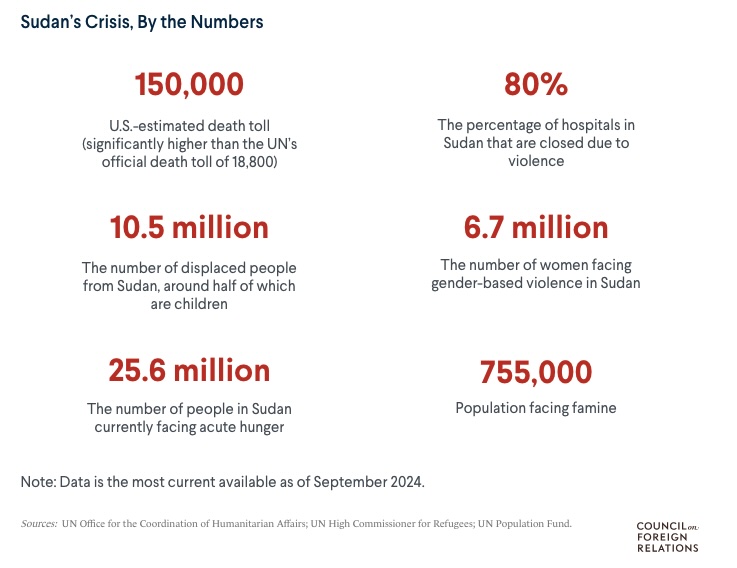‘Universal Jurisdiction’ being used in Swedish court stems from Nuremberg war crimes trials
By Kerul Dyer
A new chapter has begun in the largest court case in Swedish history that has charged Lundin Oil executives with complicity in grave war crimes against people in South Sudan. Massive oil development in the region between 1998-2003 came in the midst of a civil war and resulted in the brutal killing of 12,000 people and displacement of more than 160,000. In 2024, 10.5 million people have been displaced from fighting in Sudan, and 25.6 million in Sudan are facing acute hunger, according the United Nations.
International peace organizations, including Pax and the European Coalition on Oil in Sudan have published reports for more than two decades documenting the abuses. And the Swedish District Court, with no International body available to find remedy for victims of the war crimes, conducted about 270 interviews and produced a preliminary investigation spanning 80,000 pages. The massive case will likely stretch into 2026, 28 years after the brutal removal of communities for oil development.
The new wave of legal proceedings address an issue that shut the case down last year, when jurisdiction could not be established for the Court with conventional legal definitions. Now, with the application of a modern legal principle called “universal jurisdiction,” Ian Lundin, former chairman of Lundin Oil and Alexandre Schneider, former CEO, will finally face criminal charges for “aiding and abetting international law violations in South Sudan.”

The gravity of the abuses that occurred in what was then considered southern Sudan (now South Sudan) cannot be overstated. Routine military operations, carried out by militias and rogue groups of armed forces cleared the way for oil companies to develop in the region. Documentation of Sudanese fighters working on behalf of Lundin oil show indiscriminate killing of civilians, raping women and girls, livestock theft, and a resulting trail of torched villages, barren from any means of survival.
Now, as war rages on across much of Sudan in 2024, the civil war and its exploits have forced the displacement of millions of people, many who face acute hunger and continued violence. The assertion of many in the international human rights community includes the critical importance of finding remedies to these historic war crimes before an any authentic peace process may succeed.
The universal jurisdiction principle could be a useful tool for more accountability cases underway around the world, for crimes committed by foreign nationals. According to reporting by Politico, the origins of the principle “stretch back to the Nuremberg and Tokyo war crimes trials that followed World War II, which embedded the idea that when it comes to global jurisprudence, nobody and nowhere should be beyond the reach of the law.”


